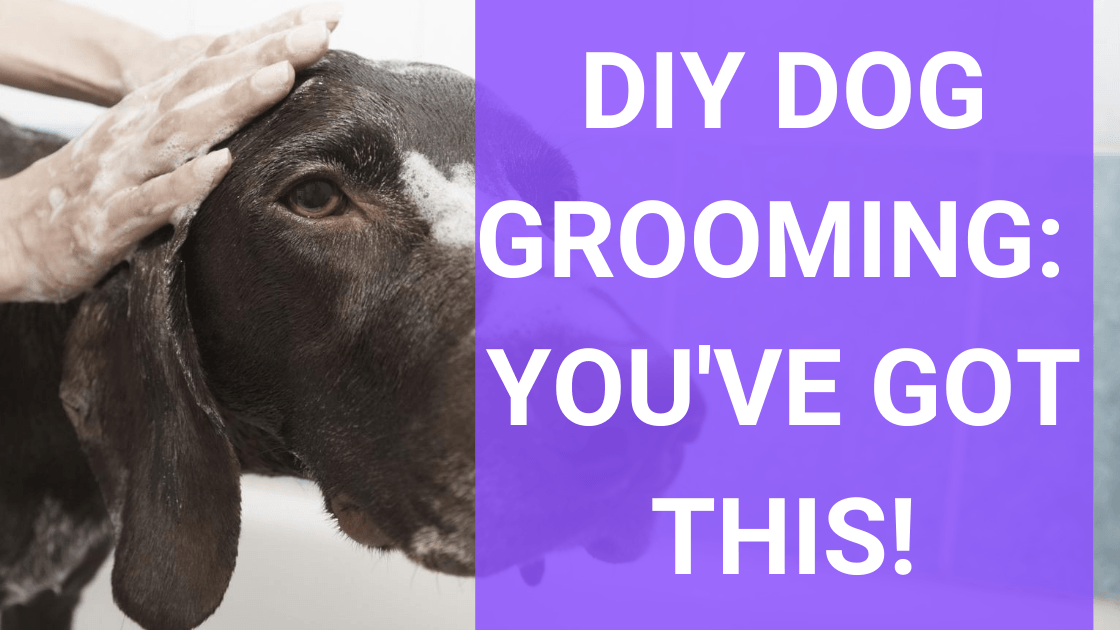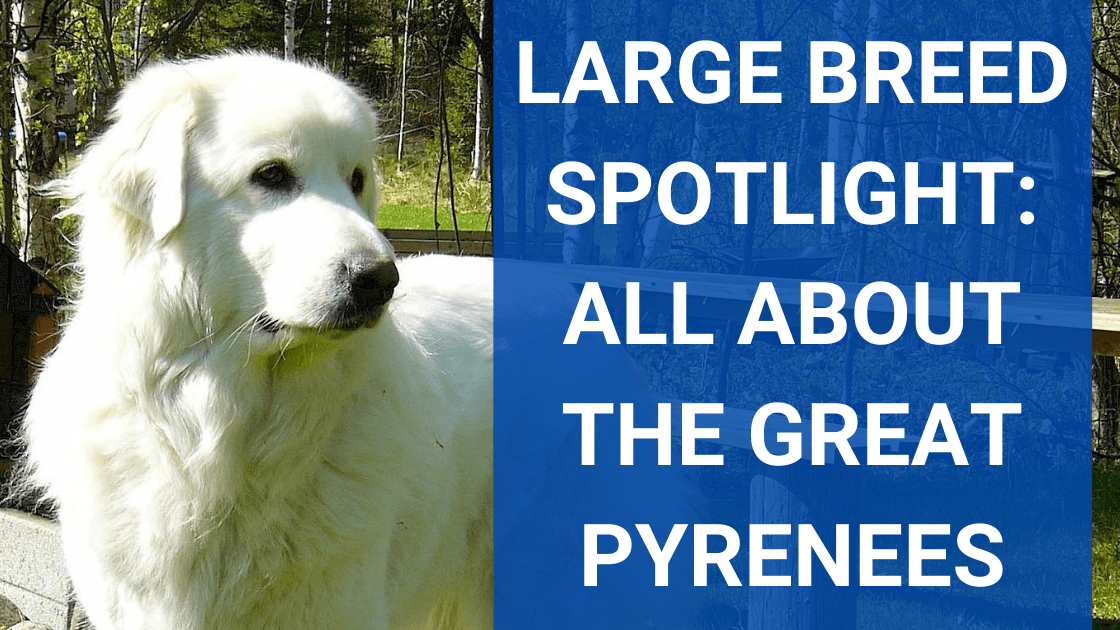Anyone who has spent time around a dog will tell you that they seem so human-like in their behavior, feelings, and emotions. We are often quick to assume they are feeling bored, jealous, or guilty because that’s how a human would feel in a certain situation.
And the thing is, we’re probably not totally wrong. Dogs are definitely capable of a broader array of emotions than originally though. But just how complex they are is up for debate.
Today, we’re going to dive into jealousy in dogs. Do you ever wonder if your dog is feeling jealous of other dogs, jealous of your partner, or maybe your new baby? Do dogs really get jealous? Let’s find out more about how this complex emotion may be affecting your dog.
Do dogs get jealous?
Psychology Today explains that emotions are usually sorted into two categories: primary and secondary. Primary emotions are the emotions we find in most living beings. These are things like fear, joy, surprise, love, sadness and anger. These emotions are largely accepted to be universal and are easy to identify in our dogs, which is why it’s definitely possible to identify when your dog is happy, and when they are bored.
On the other hand, secondary emotions, such as grief, jealousy, envy, hope, guilt, and shame, are thought to be less applicable to most living beings. There have been several studies showing some of these emotions in primates, but otherwise, they are written off as being too complex for most of the natural world.
Studying jealousy in dogs
Until this 2014 study came along that looked specifically at jealousy in dogs. In this study, the researchers discuss how jealousy, even as a complex emotion, would benefit the survival of such a social and cognitively sophisticated species because it is an emotion that protects and forms social bonds.
In this study, researchers observed that the dogs definitely showed jealous behaviors such as barking at, snapping at, or putting themselves physically between their owners and a stuffed dog when their owners interacted with it.
Anyone who lives in a house with more than one dog probably could have told you the same thing––but this well designed and documented study gives us some strong evidence that the jealousy you’re perceiving in your dog is definitely real!
Jealousy observed between dog mothers and pups
More clear evidence of jealousy in dogs is observed by owners who breed their female dogs. When these owners are not careful to give the puppies and mother dogs equal attention, mother dogs will sometimes show aggression towards her own puppies and kick her puppies out of the “nest” if she feels they are getting more attention than her from the human owner (source)
Signs of jealousy in dogs
Sometimes the display of unwanted behaviors or downright disrespect can tip us off that our dog has some big feelings going on. Other times it's their withdrawn, depressed sort of demeanor that lets us know.
Let’s take a look at some of the common signs of jealousy in dogs:
- Putting themselves physically between you and the object getting your attention: whether it’s a child, your work computer, hugging a loved one, or petting another dog, your dog will put themselves right in the middle
- Signs of aggression: this can be the most problematic and sometimes dangerous sign of jealousy. You may see things such as growling, snapping, or lunging
- Withdrawing from the situation, not spending as much time with you: Your dog may choose not to be around you or spend time with you if they are jealous and feeling like you are giving other things more attention than them. It’s a sort of flight response. A common time to see this is when you bring home a new baby
- Misbehaving: your dog may let you know that they’re jealous or not feeing the love by initiating negative attention seeking behaviors
- Doing a trick/bring you a toy: this is the dog equivalent of “hey mom watch this” “hey mom look at my cool toy” “hey mom over here”. It’s actually a really healthy way of dealing with jealousy because your dog is trying to elicit attention from you in a positive way
- Going to the bathroom indoors: well trained dogs that suddenly start peeing in strategic locations in the house may be showing their jealous (our husky will pee on the rug in our daughter’s room at every chance she gets, still, 4 years later…)
- Not leaving your side, giving you extra attention: this goes beyond normal dog affection and loyalty. This would be behavior bordering on possessive or symptomatic of separation anxiety
What causes jealousy in dogs
In short, anything that takes your attention away from them can result in jealousy. However, there are some times when dog jealousy is more likely to crop up:
- Change in routine
- New home
- New dog or another pet
- New baby
- New household member
- New significant other
What to do about jealousy in dogs?
Mild jealousy usually isn’t any cause for concern, but when your dog’s jealousy results in aggressive or negative attention-seeking, you probably want to figure out how to curb the behavior.
What’s more, a very jealous dog can also fall into a cycle of separation anxiety (the two often go hand in hand), which can be really hard on both owner and dog.
Here are some ways to deal with jealousy in dogs:
- Disengage with your dog with any display of negative attention-seeking or aggression. Try to remember that your dog is looking to take your attention away from the other thing at any cost. Your attention (good or bad) is their reward. Ignoring their behavior or removing them when they display unwanted behaviors can really help
- Have the person or thing that makes them jealous around when you are doing a training session. Have them sit and stay, hug the other person (for example) and then reward your dog for not intervening. This will show them that by waiting their turn, your attention is coming
- Avoid jealousy of other dogs in the house by keeping things as even as possible (same food, same treats, same greetings, and same privileges in the home)
- If things are getting out of hand and aggressive behavior is becoming common with your dog’s jealousy, contact a professional trainer for specific advice
- Make sure your dog is getting lots of appropriate attention from you and enough exercise
- Consider hiring a dog walker or having your dog go to doggie daycare if they are alone a lot. This will take some of the pressure off of you to provide all of the attention and needs. It may also result in less jealousy if your dog’s needs are being well met
Addressing this and other behavior issues
As you can see, addressing jealousy is a lot like addressing any number of common behavior issues in dogs. It takes patience, consistency, and dedication.
Are you having issues with jealousy in your dog? What brought it on and how have you coped? We’d love to hear more about your situation in the comments below!
Sources:



